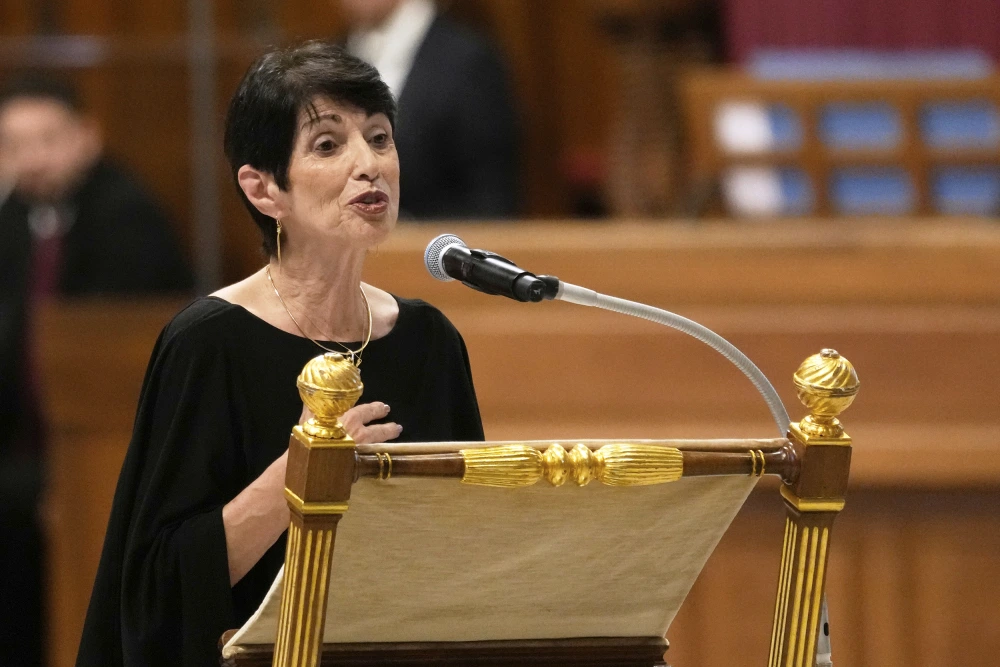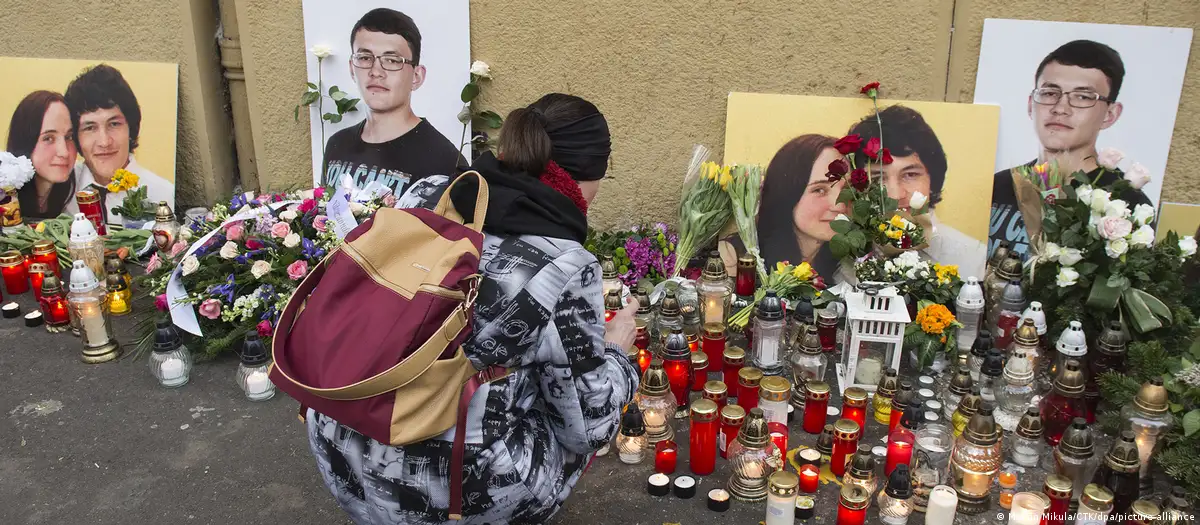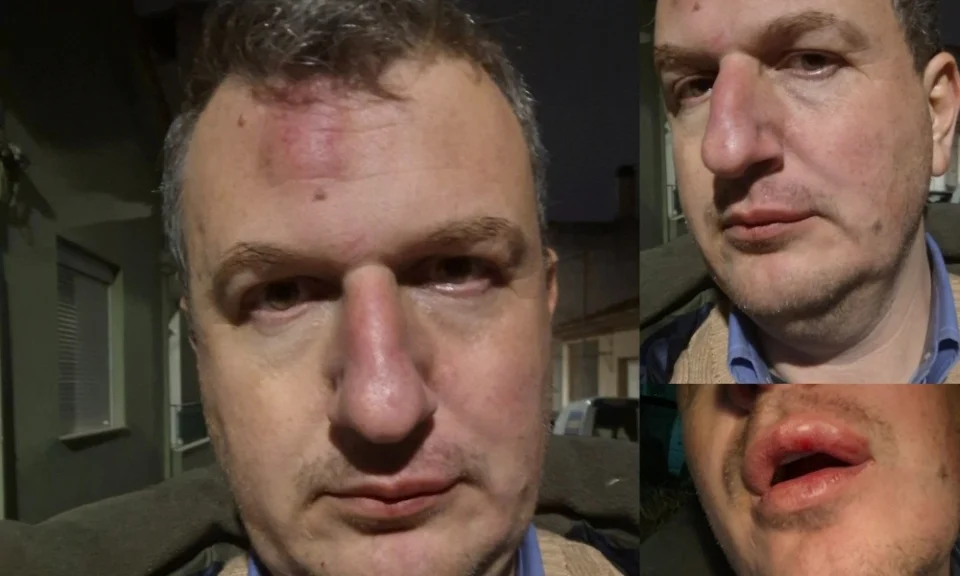
Senegalese and African Journalists Condemn Deadly Attacks on Gaza Press
September 15, 2025
A Call for Healing and Forgiveness at the Vatican Vigil for James Foley
September 16, 2025September 15, 2025 – Belarus/Lithuania/United States –
Ihar Losik, a 33-year-old Catholic journalist, has been freed after enduring more than five years in a Belarusian prison. His case, emblematic of the repression faced by journalists under President Alexander Lukashenko, drew international attention for its mix of political persecution, religious discrimination, and human rights violations.
Losik, a contributor to Radio Svoboda, the Belarusian branch of Radio Free Europe/Radio Liberty, was arrested in June 2020 as authorities cracked down on dissent before the disputed presidential election. He was accused of “incitement” and “preparing to participate in riots,” charges widely condemned as fabricated. In late 2020 he received a 15-year sentence, one of the harshest given to media workers in Belarus.
During his imprisonment, Losik faced isolation, psychological pressure, and deteriorating health. He staged hunger strikes and wrote letters that highlighted his plight. In 2021 he appealed directly to Pope Francis to raise his case, underscoring both his Catholic faith and his determination to resist. His wife and young daughter became symbols of resilience, even as they were separated from him for years.
On 11 September 2025, Belarus unexpectedly released 52 political prisoners, including Losik. They were transferred to Lithuania after negotiations with the United States. According to reports, the release followed a personal appeal from President Donald Trump to Lukashenko, tied to potential sanctions relief. For Losik, the moment marked a long-awaited reunion with his younger brother, Mikita, who had earlier fled Belarus to avoid arrest. His wife and daughter’s whereabouts and the timeline for reunion remain uncertain.
Losik’s case reflects the brutal conditions endured by journalists in Belarus, where free expression is criminalized and religious voices are often suppressed. His faith and journalism became intertwined in his struggle, showing the vulnerability of those who speak truth to power.
While his release is a victory, hundreds of others remain imprisoned. The broader questions of press freedom, religious liberty, and accountability in Belarus persist. For now, Losik’s story is a reminder of international solidarity’s role in achieving justice, and of the ongoing need to defend journalists wherever they are silenced.
References –
Catholic journalist released after five years in Belarus prison




